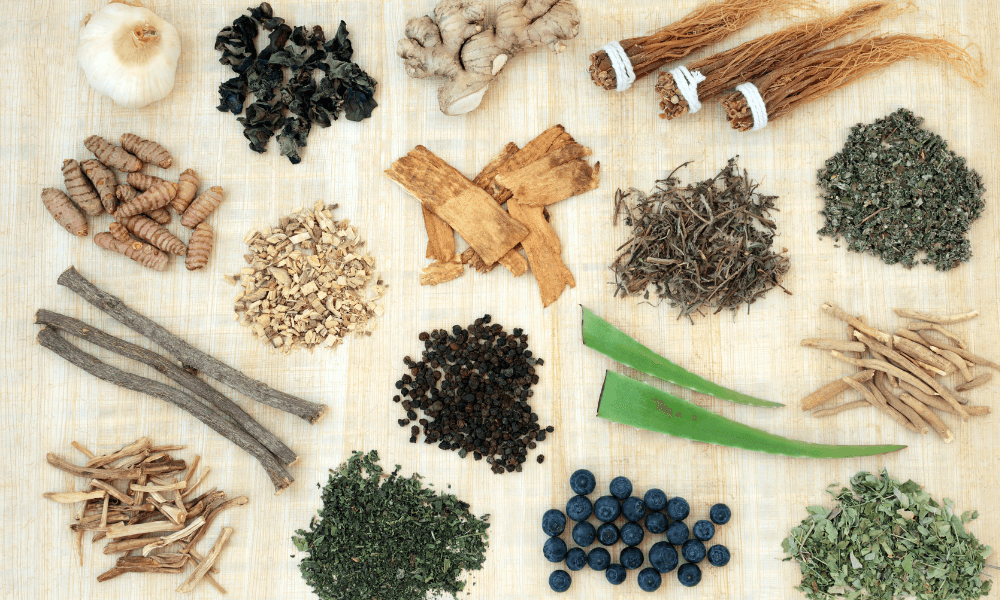Excessive alcohol consumption puts a great strain on the body and can damage many organs, especially the liver and nerves.
Alcohol increases the need for many nutrients. In addition, alcoholics often do not consume enough vitamins and minerals. In addition, deficiencies can easily occur, which can exacerbate the effects of alcohol consumption.
Although consuming too much alcohol causes physical discomfort, abstaining from alcohol causes withdrawal symptoms in addicts, which can make it very difficult to stop drinking.
The aim of treating alcohol addiction is to help addicts to withdraw. Certain medications can alleviate withdrawal symptoms such as increased heart rate and feelings of anxiety. Psychotherapy can also help with withdrawal.
Taking micronutrients can counteract nutritional deficiencies that can easily arise from alcohol abuse.
B vitamins
The liver has important functions in the metabolism of B vitamins . If its function is impaired, a deficiency in B vitamins can easily occur. 1 In addition, alcohol addicts often do not absorb enough B vitamins through their diet.
Vitamin B1 : Vitamin B1 deficiency is very common among alcoholics, with an estimated 50% affected. 2
Vitamin B3 : A deficiency in vitamin B3 is associated with alcohol abuse.
Vitamin B6 : When alcohol is broken down, a metabolic product is created that reduces the absorption of vitamin B6.
Folic acid (vitamin B9) : Approximately 80% of alcohol addicts do not have sufficient folic acid .
Vitamin B12 : Alcohol consumption appears to promote a vitamin B12 deficiency. Even small amounts of alcohol have this effect.
Antioxidants
Heavy alcohol consumption leads to oxidative stress, which damages the liver, among other things. Antioxidants capture free radicals and thus counteract oxidative stress. 3 Vitamin A , vitamin C and vitamin E are important antioxidants in the body. Alcohol consumption also interferes with the absorption of fat, which means that the fat-soluble vitamins A and E cannot be utilized as well.
Zinc and selenium are also important antioxidants that are easily lacking in alcoholics.
Magnesium
Alcohol leads to an increased excretion of magnesium . In addition, people who are addicted to alcohol consume less magnesium, which can easily lead to a deficiency.
Magnesium is important for the functioning of nerves and muscles, among other things. There is evidence that taking magnesium could improve muscle strength in alcohol addicts. 4
Probiotics
Alcohol can damage many organs, including the intestines. It inhibits beneficial intestinal bacteria, which allows potentially harmful intestinal bacteria to multiply more easily. These bacteria produce ammonia and other toxins that damage the intestinal wall.
Probiotics contain beneficial intestinal bacteria that promote intestinal health. They can also strengthen the intestinal wall.
Initial studies suggest that probiotics could reduce inflammation levels in alcohol-related liver cirrhosis. 5
Vitamin D
Vitamin D is metabolized in the liver. If the liver is damaged, there is an increased need for vitamin D and a deficiency can occur more easily. Vitamin D also seems to be able to counteract liver damage in cases of alcohol abuse. 6
L-Carnitine
L-carnitine is important for the mitochondria, the power plants of our cells, because it is needed to transport fatty acids into the mitochondria.
Alcoholics often have low L-carnitine levels. 7 Taking L-carnitine appears to reduce listlessness in alcoholics. There is also evidence that L-carnitine may reduce cravings for alcohol. 8
Conclusion:
Alcohol addicts are often undersupplied with many essential nutrients. Nutrient deficiencies can increase the damage caused by alcohol abuse. A good supply of certain nutrients, on the other hand, appears to be able to protect against alcohol damage.

















